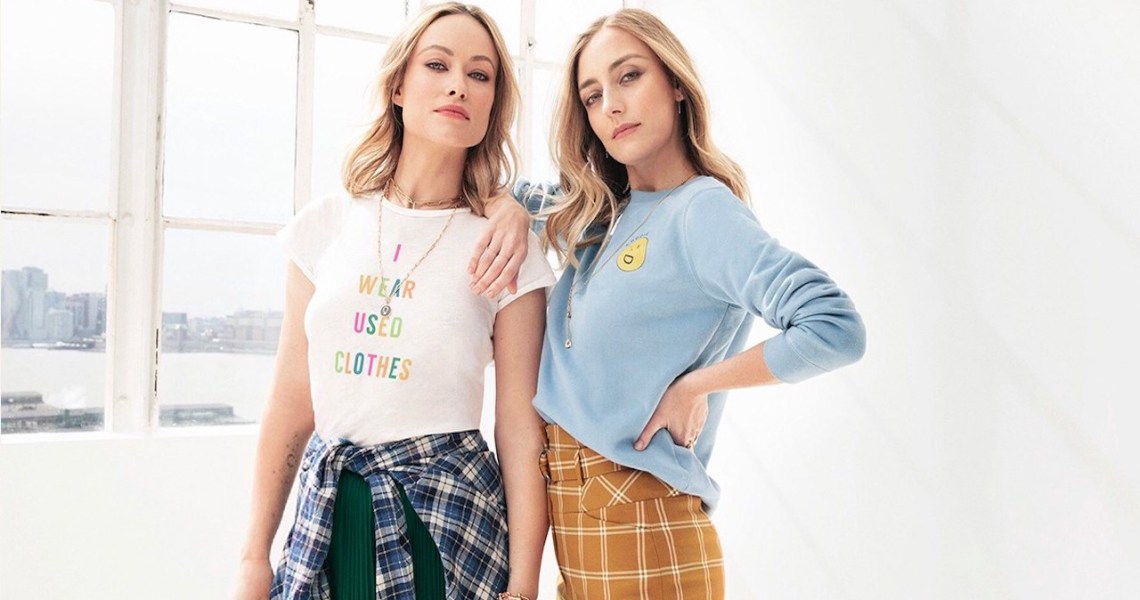With everyone stuck at home and little else to do, one might think that resale companies would be inundated with product from sellers cleaning out their closets, and also struggling to attract buyers. But according to a few resellers, the opposite is true. People still want to buy pre-owned clothes and bags, but acquiring that product has gotten significantly harder since the coronavirus outbreak began.
According to Sarah Davis, founder of the Neiman-Marcus-invested resale platform Fashionphile, sales dipped considerably in March, but have risen each week in April, rebounding by more than 300% so far; sales are on track to be back at pre-coronavirus levels by May. But product from sellers has slowed to a standstill for a simple reason: Sellers don’t want to bring their bags of unwanted pieces to the post office while quarantined.
“Like all resellers, we are supply-constrained,” Davis said. “When things closed down, we thought people would have nothing better to do and use the time to clean out their closets. And that’s true. But the actual process of getting the product is the much harder task. Acquiring new product came to a crashing halt when we closed our warehouse [in March], which made it impossible to receive new product and really hard to process product that had already come in. And once it was back open, it was still hard to get people to go the post office to drop things off. So people had product they wanted to get rid of, but no way to get it to us. That was the big problem to solve.”
Resellers, and luxury resellers in particular, are always hurting for more sellers than they are buyers, according to Davis. Now, winning over sellers means smoothing out the process of selling. Doing so is vital to maintaining the flow of supply and demand, she said.
To do so, Fashionphile reworked its shipping process so that every customer could have their products picked up at their homes by UPS Pick-Up. There’s no additional cost for the consumer; Fashionphile pays the additional fees for Pick-Up, which Davis said costs the company small percentage on each order, which varies in the single digits based on volume.
“The vast majority of our product comes from [seller] mail-ins,” Davis said. “So it was already a fairly low-touch process. But now we’ve made it a no-touch process, which is honestly something I had wanted to do for a while. But it was complicated. It took a lot of discussions with UPS and a lot of work by our team to integrate our internal systems with UPS Pick-up to make it work.”
Fashionphile isn’t alone in experiencing little slow-down in buyer demand. ThredUp spokesperson Natalie Tomlin said the company’s sales have returned mostly to normal after an initial drop in March. Tomlin said the larger concern has been in the logistics of processing product, which has become more difficult in the wake of coronavirus.
Ad position: web_incontent_pos1
For its part, Fashionphile has also closed all of its showrooms and moved all of its in-person selling appointments online. Rather than dropping off a bag of clothes at a Fashionphile location, customers can video chat with a sales associate, get a quote and then schedule a UPS pick-up. In-person drop-offs had only made up about 20% of all of Fashionphile’s seller transactions.
By moving everything online, Davis said Fashionphile can get back to focusing on its main priority: keeping a regular flow of product coming into the system.
“Luxury resale will always be supply-constrained,” Davis said. “People will always buy a Dior bag at a reduced price; the hardest thing is keeping the supply coming. It’s honestly a miracle that we have 20,000 items on the site, but each one of them came from individual people, so we absolutely need people to keep selling to us, whether it’s individual customers or even small business resellers, which sell to us sometimes. I would bet that for any reseller right now, the seller is where their focus is.”




